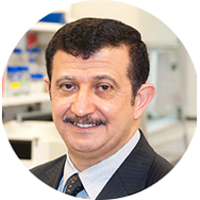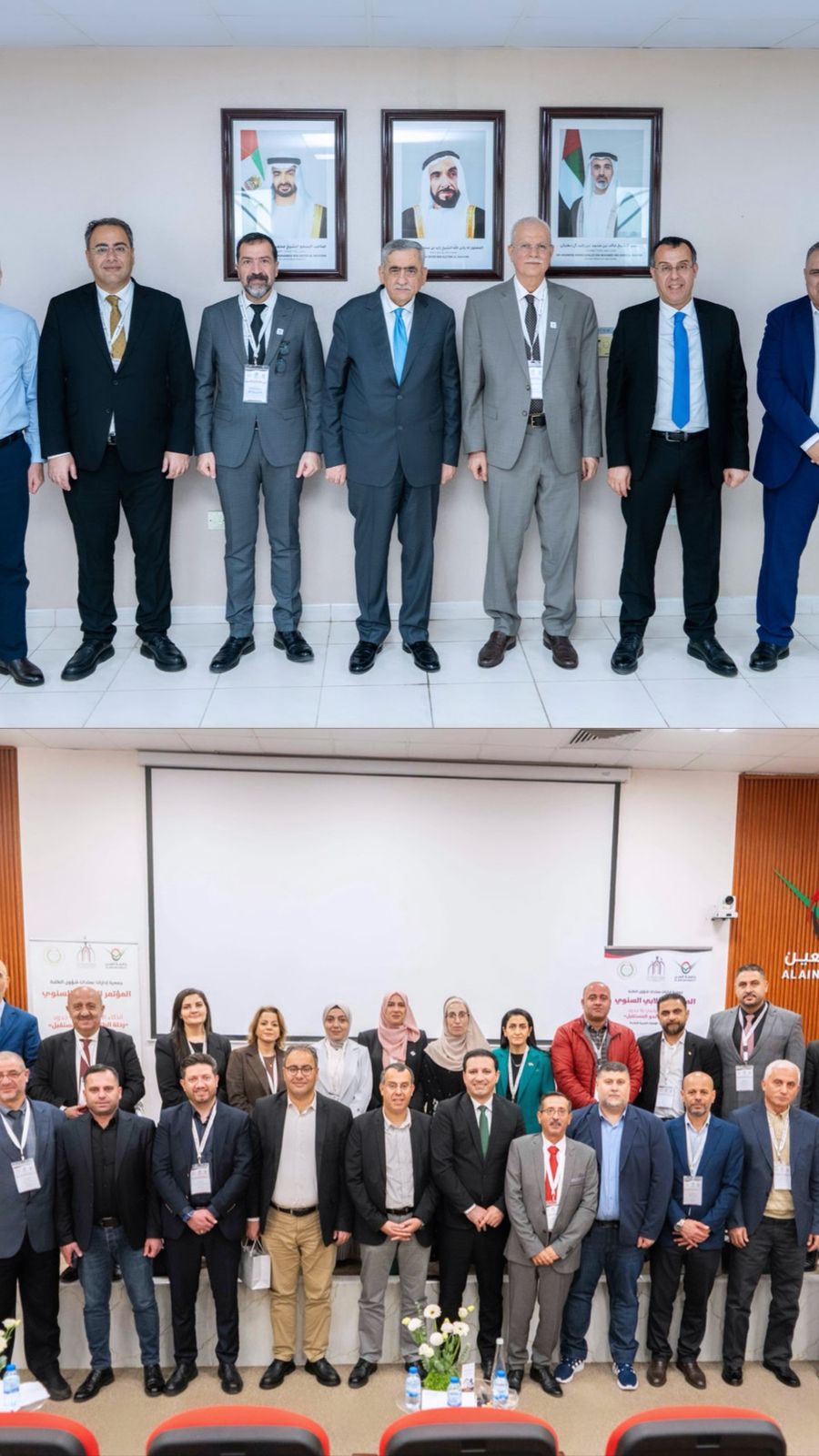Al-Ahliyya Amman University

30 September 2020
New drug to tackle and overcoming multidrug resistance (MDR) in breast cancersbeen discovered by Ahliyya Amman University and Bradford researchers.
Professor Mohamed El-Tanani from the Ahliyya Amman University (Jordan) with collaboration with University of Bradford’s -Institute for Cancer Therapeutics (UK), Tanta University (EGYPT) and Ulster University (UK) has also developed a way of delivering the drug directly to the cancer cells and overcome the tumour chemotherapy toxicity and resistance.Laboratory tests have shown when the drug is added to hard-to-treat breast cancer cells, the cells actively take it in, sensitize the tumour to low dose of chemotherapy and reduced their growth rate by 98%.The drug is a peptide, a fragment of a protein, which Prof El-Tanani found out is able to block out a protein called RAN-GTP which helps cancer cells to repair the DNA damage, divide and grow.World wide, the problem is very significant, as breast cancer is the most frequent cancer after nonmelanoma skin cancer, with more than 1.9 million new cases in 2018 and an expected annual prevalence of more than 4.4 million in 5 yearsHigh levels of RAN-GTP have been linked to aggressive tumour growth, cancer spread and are resistance to chemotherapy often ending in poor prognosis in a number of cancers, including triple negative breast cancer (TNBC).Although breast cancer is considered one of the most chemosensitive solid tumors, most initially responsive tumors relapse and develop resistance to a broad spectrum of drugs. Consequently, breast cancer becomes refractory to cytotoxic drugs and is typically incurable. Response rates to single doxorubicin treatment range from 43% in previously untreated patients to 28% in patients previously exposed to the drug, which indicate that The growing resistance to chemotherapy, doxorubicin, can lead to an unsuccessful outcome in nearly 50% of treated patients, making resistance a major cause of treatment failure.Prof El-Tanani has been working with colleagues from Bradford University, Ulster University to come up with a special way of getting the new protein drug to the cancer cells, attacking them, reduce the chemotherapy resistance.The researchers have found that by putting the drug in a tiny particle first, which acts like a capsule, once it is injected it preserves it long enough to be carried to the cells before being released. Tests have shown the protein drug breaks down too early to work if injected by itself and not stop the chemotherapy drug resistance in aggressive solid breast cancer.“By developing a liposomic nanoparticle that can help this our drug peptide enter resistance breast cancer cells and block RAN we’ve brought this potential new treatment a step closer to the clinic,” said Professor El-Tanani.He added: “We knew we’d need a novel delivery mechanism for this drug because peptides on their own are unstable and they can degrade too quickly to be effective. Using a nanoparticle as a delivery mechanism was the perfect solution.”Multidrug resistance (MDR) constitutes one of the major limitations for successful cancer treatment. Professor El-Tanani is said our novel drug reversed the Ran-expression-mediated multidrug resistance (MDR) by inhibiting (RAN-IP) the Ran DNA damage repair function. Co-administration of Ran-GTP inhibitor enhanced sensitivity of chemotherapy, DOX, in breast cancer cell lines. Finally, liposome-mediated co-delivery with RAN-IP improved the anti-tumor effect of DOX in tumor-bearing mice when compared to single therapy.The findings are published in the Expert Opinion on Drug Delivery, 2020.For further information please contact Professor Mohammed El-Tanani, the Dean of The Faculty of Pharmacy, Al-Ahliyya Amman University on the following e-mail:m.tanani@ammanu.edu.jo





